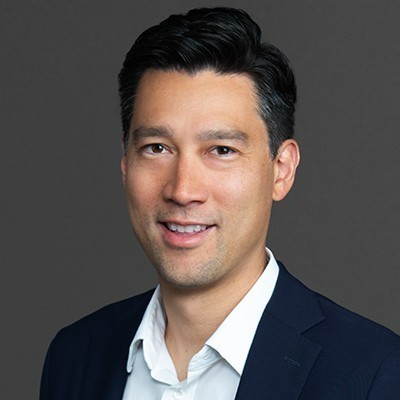As companies invest in machine learning and generative artificial intelligence, Winstead’s newest shareholder, Austin C. Teng, is betting there will be more litigation over intellectual property and technology, particularly in the Western District of Texas.
“We, thankfully, have a lot of judges with significant experience trying patent cases,” said Teng, whose addition to Winstead was announced Wednesday.

Teng has a unique set of expertise. He spent five years as a software engineer before pursuing law. Focusing his practice on patent infringement, trade secret litigation and other technology-related matters has allowed him to fulfill his childhood dream of being a lawyer while keeping a hand in technology, another of his passions.
Teng spoke with The Lawbook about his career and the I.P. law landscape.
How did you decide being a shareholder at Winstead was best for your practice at this time?
Winstead had assembled an impressive team of smart and very savvy trial lawyers. I previously had the good fortune of working closely with Phillip Philbin, Jamie McDole and Mike Karson and was able to see firsthand the level of care and sophistication that they bring to their cases which fits really well with my own approach. And I was also very impressed by Winstead’s level of dedication and investment to growing a top-tier intellectual property practice. And Winstead offered for me more flexibility and creativity in terms of billing arrangements and services that I can offer clients.
You’ve been a lawyer for about 10 years now, correct? Before that, you were a software engineer, right? Why did you decide to leave the software engineering industry for a legal career?
I was a software engineer for about five years and loved being a software engineer but I had always dreamed about being a lawyer from the time I was a kid and was looking for a change in career that would let me exercise a broader range of skills while still getting to stay close to technology, which I have a passion for.
It’s been more than a year since the Western District of Texas’ order to have all the judges share the patent cases. What have you seen in that time?
Well, I haven’t had a case yet that was impacted by that order. But the Western District of Texas covers an important region of Texas and one that has seen substantial investment in high tech industries. So I would expect that disputes over intellectual property and technology will continue to arise in the Western District of Texas and we, thankfully, have a lot of judges with significant experience trying patent cases.
Have you seen an impact on Judge Alan Albright’s docket?
As a trial lawyer that’s focused on trying cases, mostly focused on the cases that we and Winstead have in front of Judge Albright, in general we’ve found all the judges in the Western District to be immensely capable jurists, including Judge Albright and we will continue to represent clients in the Western District courts as particular facts and circumstances demand.
What are other trends in intellectual property law and litigation that you’ve noticed?
There are a number of interesting issues concerning generative A.I., and issues that are raised with respect to authorship and inventorship and copying that in the short term courts and agencies will have to wrestle with.
Do you have any predictions?
I think they’re immensely complex issues and so it would be difficult to predict which direction any of those cases may go but certainly it raises a lot of challenges with balancing the rights that various IP holders have, trying to forge a sensible approach going forward.
Where do you see litigation going as it pertains to intellectual property and artificial intelligence?
Generative A.I. has a lot of interest in that lately and companies have been making substantial investments in machine learning and generative A.I. And I would expect that patent coverage and product development will follow those same trends, which down the road would likely lead to increased litigation over those technologies.
